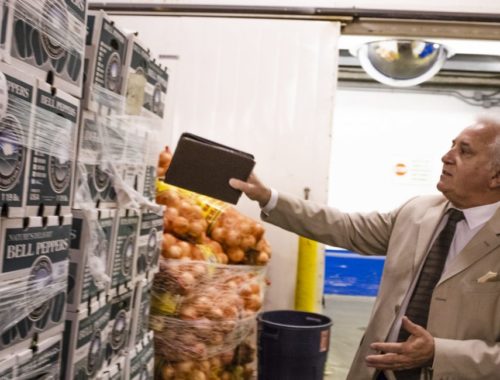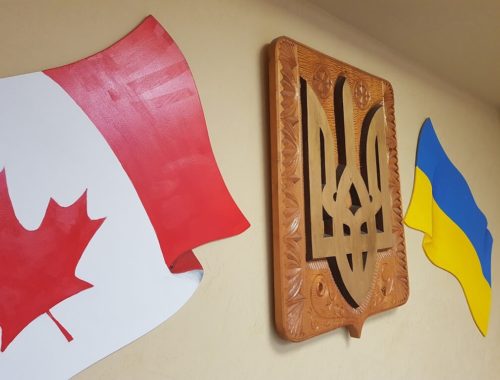
Renowned freelancer on journalism and mental health: “Your job isn’t everything”
Journalists often impetuously dedicate themselves to their work. They go to great lengths while informing their audience and keeping the powerful in check. They enjoy the thrill of chasing a breaking story, and they want to see their byline on the front pages. Yet as an internationally renowned freelance journalist says, a journalist’s identity should not depend solely on his or her work.
“The most important life advice that I’ve gotten in my last couple of years [is]: please have something in your life that’s not journalism,” said Karen K. Ho to Centennial journalism students on Oct. 4, 2018.
Ho, 31, is an author of TIME magazine cover story on “Crazy Rich Asians” movie. She is also a former Centennial journalism joint program student. Like many other journalists, Ho started at the bottom of the industry. She approached reporting with a passion, despite many fallbacks. She left Star Media Group due to mismanagement and remained unemployed for six months. Afterwards, she moved to Yellowknife for 10 months for a business reporting job.
The danger of following a journalism career, however, appears when journalists allow stress and deadlines to deteriorate their health. Ho said she knew some jobs were not healthy for her.
“My hair was falling out, or I was breaking fillings,” she said. When these signs appear, it is time for journalists to take a step back and re-evaluate their priorities.
Ho said that journalists should acquire hobbies outside journalism to give their brain a rest.
“It could be a sport, it could be baking. You just need to have something, because quite honestly it will benefit your life in a way that you never expected,” said Ho.
She talked about mentors and support groups.
“Mentors are really important. I have mentors for different aspects of my life: one’s for business, one’s for Asian women, people that I just talk to, like, once a year and then people that I talk to on much more frequent basis,” she said.
Mentorship does not have to stop there: you can send your work for your friends to check too, said Ho.
Understanding when it is time to leave is also important for a journalist’s health. Recognizing the way you’re treated is unacceptable may be challenging.
“Go to someone and ask for help, or get confirmation that how you’re being treated – especially in the beginning of your career – is not acceptable,” said Ho.
Journalists forget that by diving head first into their work, they jeopardize their physical and mental health, which is more valuable than chasing a breaking story. Taking care of your health is like backing up your data: you don’t think you need it, but in the long run, you wish you slept that extra hour instead of buying another coffee.
As Ho said, “Coffee is a bad substitute for a decent night of sleep.”
Follow me on social media!You May Also Like

At 4 a.m., the Ontario Food Terminal is already abuzz
June 11, 2019
It’s time for Tim Hortons to Roll Up the Rim and recycle: activists
February 13, 2019

